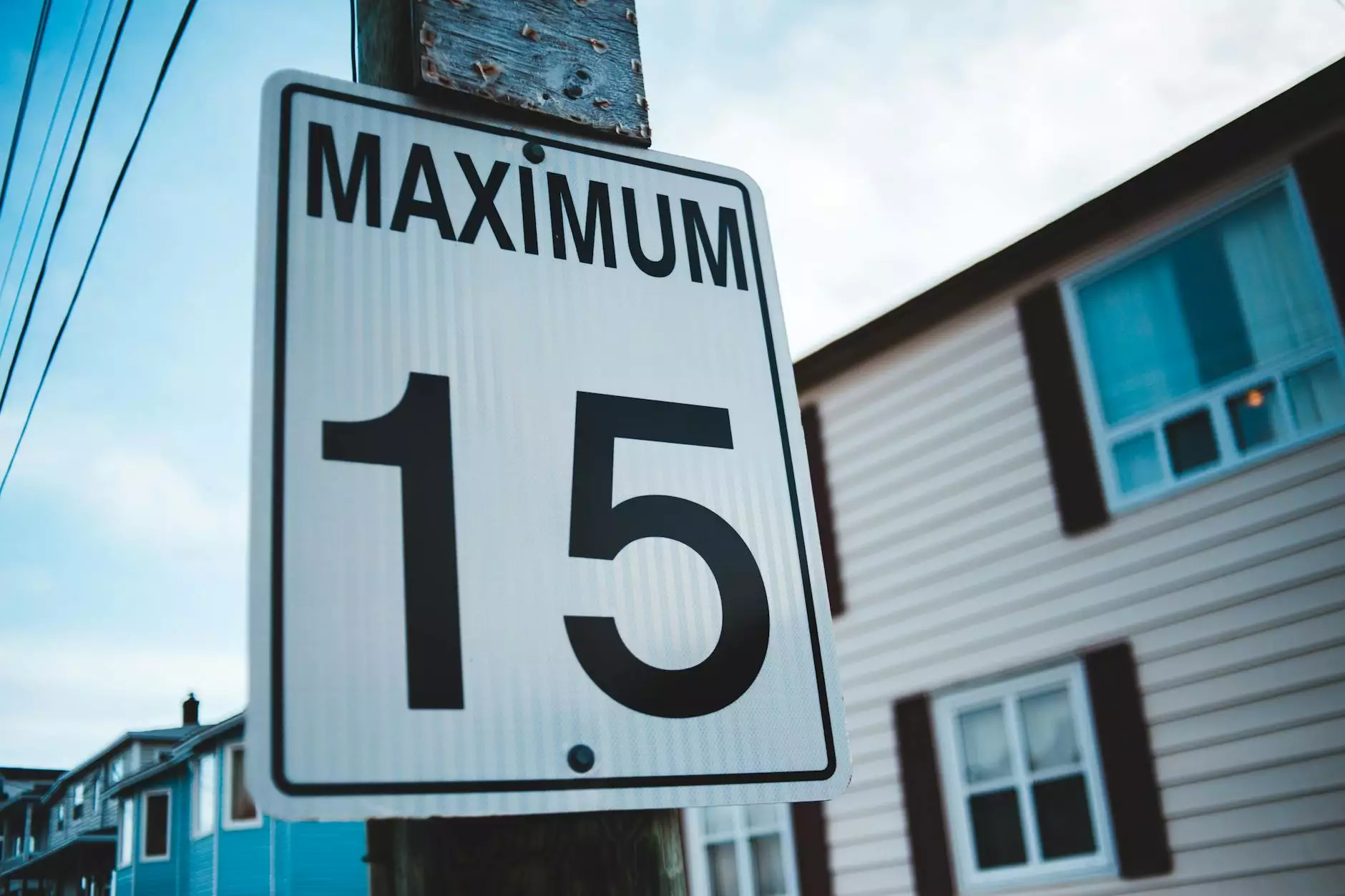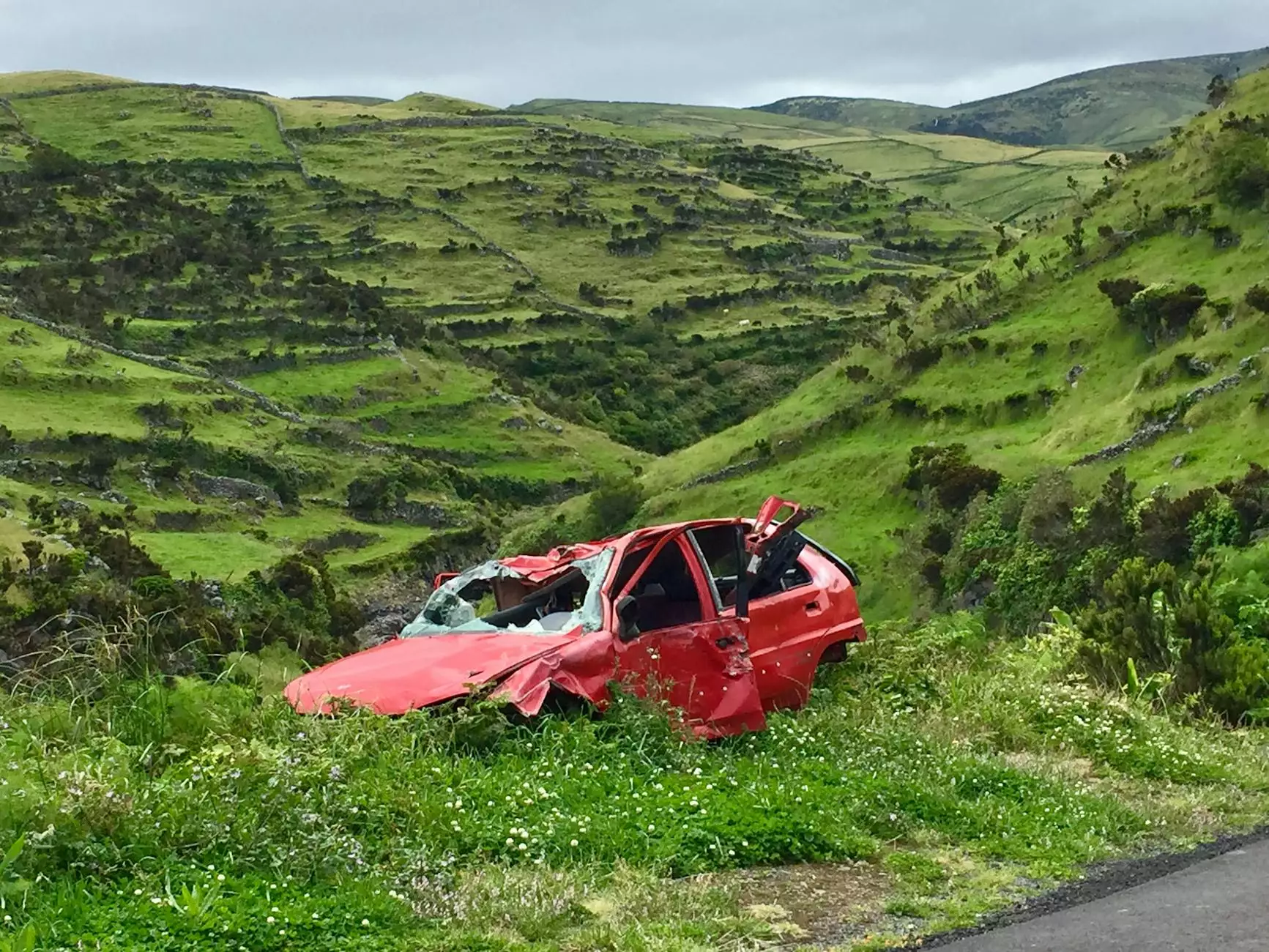AV Makers Must Report All Crashes, NHTSA Mandates

As the world of autonomous vehicles (AVs) continues to evolve and gain traction, it is crucial for AV makers to understand the latest regulations and mandates imposed by governing bodies. One such significant mandate is issued by the National Highway Traffic Safety Administration (NHTSA). In this article, we will delve into the NHTSA mandate that requires AV makers to report all crashes, highlighting its importance and implications.
Understanding the NHTSA Mandate
The NHTSA mandate, implemented to ensure safety and accountability in the AV industry, makes it compulsory for AV makers to report all crashes that involve their vehicles. This mandate applies to AV manufacturers and companies involved in developing self-driving technologies. By enforcing reporting requirements, the NHTSA aims to gather comprehensive data on AV crashes, analyze trends, and enhance overall safety measures.
Why is Reporting All Crashes Essential?
Reporting all crashes involving AVs is crucial for several reasons. Firstly, it allows the NHTSA and other regulatory bodies to monitor the safety performance of AVs and identify any emerging patterns or issues. By analyzing this data, they can propose necessary updates or improvements to existing regulations and protocols.
Secondly, reporting crashes helps shed light on potential flaws or vulnerabilities in AV technologies. Identifying these weaknesses early on enables AV makers to rectify them promptly, improving the overall safety and reliability of their self-driving systems. This proactive approach ultimately benefits both the industry and the general public.
Furthermore, reporting crashes allows for the collection of reliable and accurate data that aids insurance companies, legal professionals, and accident investigators in comprehending AV crash dynamics. Analyzing such data helps establish liability, determine fault, and ensure appropriate compensation for victims of AV accidents.
Implications and Challenges
The NHTSA mandate imposes significant implications on AV makers and the AV industry as a whole. By requiring the reporting of all crashes, AV makers must maintain diligent records, facilitating transparency and accountability. Failure to comply with this mandate can result in penalties, reputation damage, and potential legal consequences.
However, complying with this mandate can present various challenges for AV makers. It requires establishing robust internal systems and protocols for crash data collection, analysis, and reporting. AV makers must invest in data management infrastructure, ensuring secure storage and adherence to privacy regulations.
Moreover, AV makers must also navigate the complexities of determining the extent of their responsibility and liability in reported crashes. As AV technology often involves a combination of hardware, software, and various third-party components, accurately attributing fault can be a challenging task. This necessitates collaboration with legal professionals experienced in AV-related matters.
The Role of the Law Office of Stanley E. Robison, Jr
With extensive expertise in the legal aspects of AV technology, the Law Office of Stanley E. Robison, Jr is your trusted partner when it comes to AV crash-related legal matters. Our team understands the complexities surrounding AV crashes and can provide you with the necessary legal counsel and representation.
Whether you are an AV maker seeking guidance on compliance with the NHTSA mandate or an individual involved in an AV crash seeking appropriate compensation, our dedicated team is here to assist you. We have a deep understanding of the AV industry, including the technological and regulatory landscape, allowing us to navigate complex legal challenges effectively.
Contact us today to schedule a consultation and discuss your AV crash-related legal concerns. Our team of experts is committed to protecting your rights and providing effective legal solutions in this ever-evolving field of autonomous vehicles.










